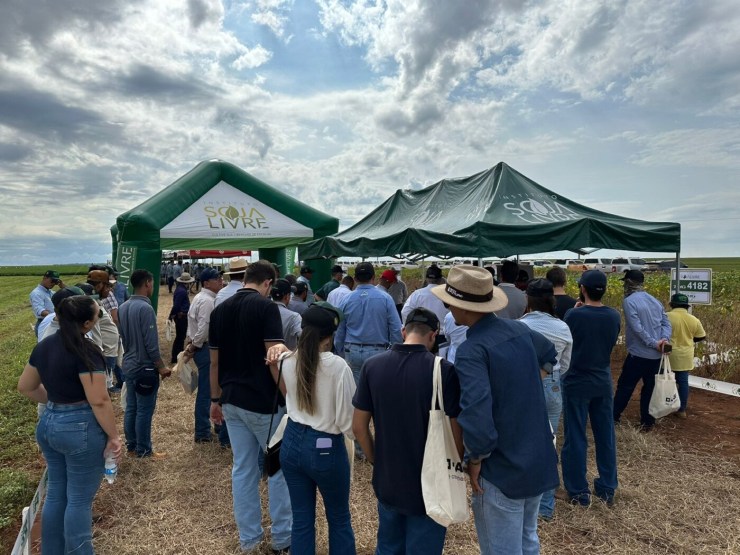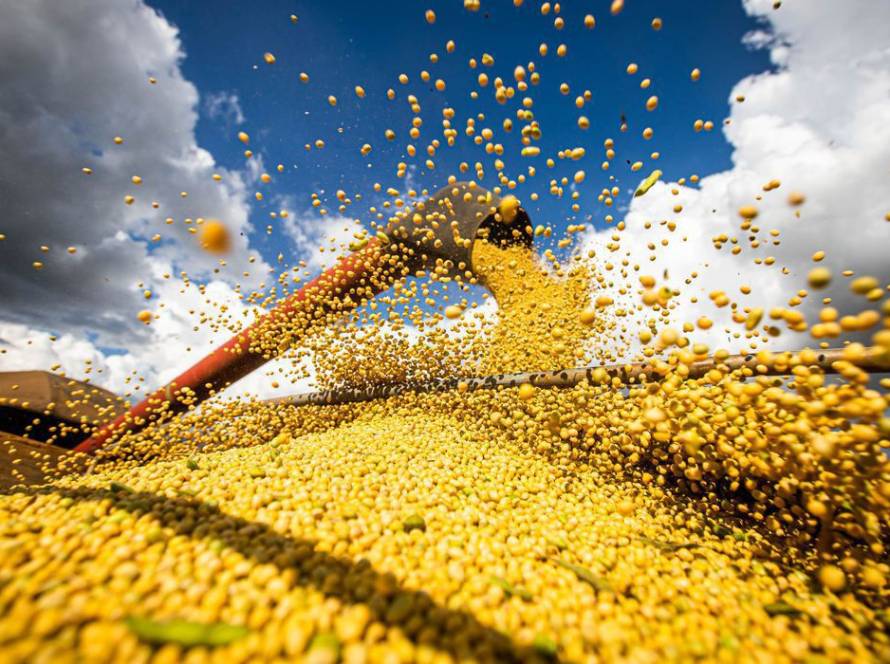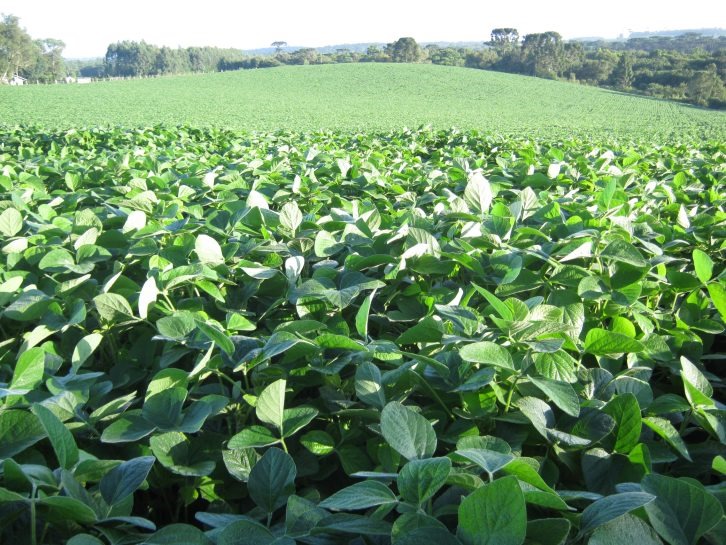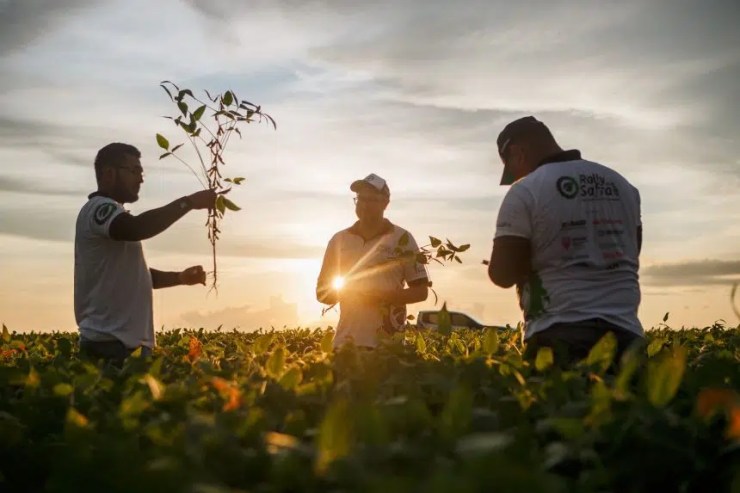The 10th edition of the Brazilian Soybean Congress (CBSoja) and Mercosoja 2025 will be held from July 21 to 24 in Campinas (SP) by Embrapa Soja. For this edition celebrating Embrapa Soja's 50th anniversary, the central theme of the events will be 100 years of soybeans in Brazil: pillars for tomorrow. Considered the largest technical-scientific forum in the soybean production chain in South America, the organizing committee of CBSoja and Mercosoja expects to bring together around two thousand participants from different segments.
The technical agenda is composed of topics related to the latest scientific advances in soybean cultivation, as well as relevant contributions on topics that have been impacting the daily routine of the production chain, whether processes and practices or innovations. “We have built a program focused on topics that emphasize the aggregation of value and the development of sustainable agriculture, based on technology and innovation,” emphasizes the president of CBSoja, Fernando Henning, a researcher at Embrapa Soja.
The technical program will feature four conferences and nine panels in which more than 50 lectures will be given by national and international experts from various segments linked to the soy complex. “We prioritized four lectures dedicated to the logistical challenges of Mercosur, as well as issues related to biotechnology and intellectual property in the region,” explains Henning.
Another innovation in the CBSoja program will be the Mãos à Obra (Hands on Work) event, a space dedicated to the debate of practical issues in five major themes: Soil fertility and fertilization, Nematode management, Weeds, Bioinputs and Impediments to root development. There will also be an international workshop Soybean2035: A decadal vision for soybean biotechnology, whose objective is to debate the next 10 years of biotechnological tools in soybeans, with speakers from China, the United States, Canada and Brazil.
Poster session
The organizing committee approved 328 technical-scientific papers that will be distributed in nine thematic sessions: 1) Ecology, Physiology and Cultural Practices, 2) Entomology, 3) Phytopathology, 4) Genetics, Breeding and Biotechnology, 5) Plant Nutrition, Fertility and Soil Biology, 6) Weeds, 7) Post-Harvest and Food Security, 8) Seed Technology and 9) Technology Transfer, Rural Economy and Socioeconomics. The papers will be presented in a poster session, whose authors will be present to clarify questions, at a time defined in the program.
History of soybeans and the role of Embrapa Soja
Four thousand years ago, soybeans were wild plants that grew on the east coast of Asia. According to the publication “The Soybean Saga: From 1050 BC to 2050 AD”, published by Embrapa Soja, soybeans arrived in Brazil via Bahia in 1882, when the first tests were carried out with cultivars introduced from the United States, but they were unsuccessful. It was only after they were introduced to Rio Grande do Sul in 1914 for testing, and from 1924 onwards in commercial plantations, that soybeans began to adapt. However, soybeans only gained economic importance in the 1960s.
Until the end of the 1970s, commercial soybean plantations in the world were restricted to temperate and subtropical regions, whose latitudes were close to or above 30º. Brazilian producers had to use cultivars imported from the United States that were adapted only to the southern region of Brazil. With Embrapa's research, it was possible to break this barrier, developing varieties adapted to tropical conditions at low latitudes, allowing the cultivation of the oilseed throughout Brazil.
In addition to developing new cultivars, Embrapa and its partners have created a tropical soybean production system. This includes soil fertility recovery/maintenance, crop management techniques, weed, pest and disease control, and improved seed quality, among others. This set of technologies has enabled the agricultural sustainability of soybean crops in Brazil. Embrapa Soja was created on April 16, 1975, with the purpose of developing technologies that would make soybean production viable in Brazil. It went further, becoming a world reference in research on this oilseed for tropical regions.
In the 2024/25 harvest, Brazil produced approximately 167 million tons of soybeans, according to the National Supply Company (Conab), which keeps the country as the world leader in soybean production, followed by the United States and Argentina. Historically, Embrapa Soja has been leading research networks to generate sustainable solutions to increase legume production, reduce production costs and CO2 emissions related to its production, and increase producers' income.
More information on the event page click here to access.






